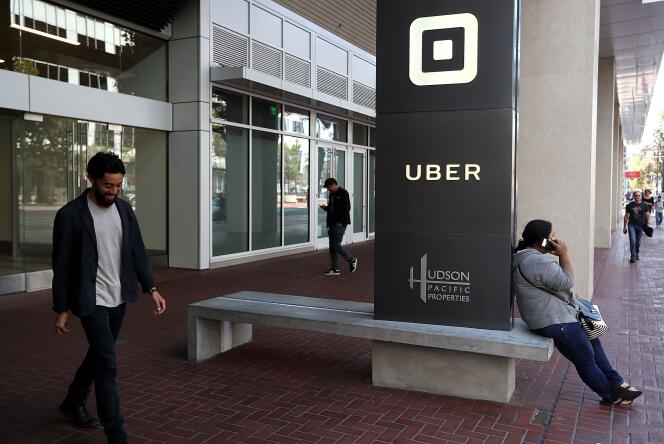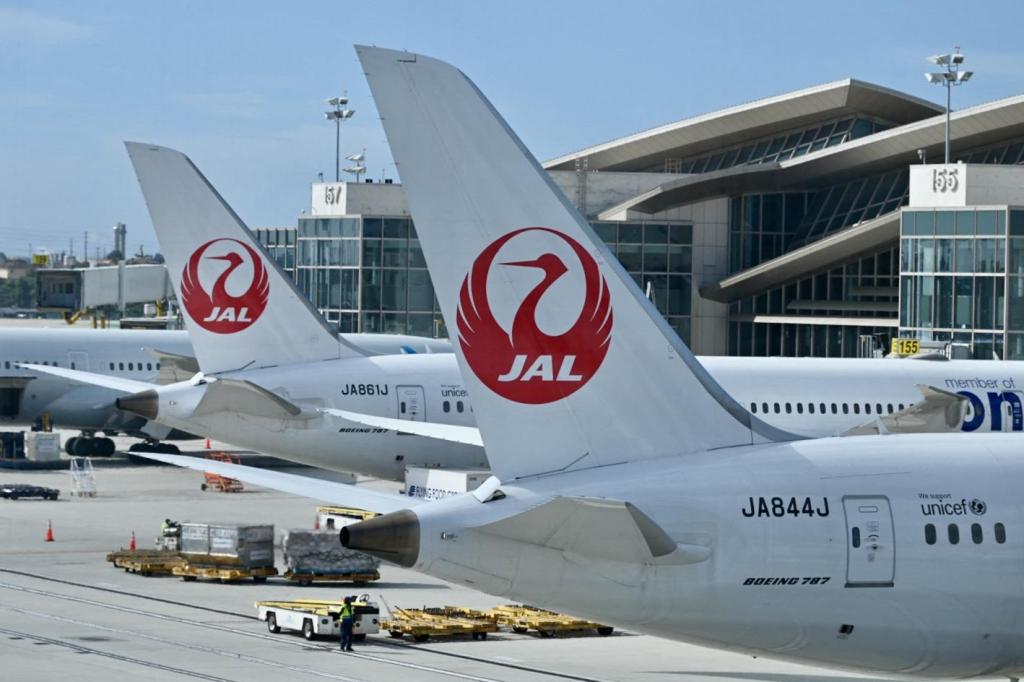Uber Fined €290 Million for Data Privacy Violations
Discover how Uber’s €290 million fine for data privacy violations highlights the urgent need for robust compliance in today’s digital landscape.

Key Points
- Uber was fined €290 million for inadequately protecting European drivers' data transferred to the U.S., violating GDPR regulations.
- The investigation stemmed from complaints by French drivers, showcasing the collaborative enforcement of data protection laws by EU regulators.
- This ruling underscores the critical need for businesses to prioritize data compliance and adapt to evolving privacy regulations globally.
The recent decision by the
to impose a staggering fine of €290 million on Uber has sent shockwaves through the tech and transportation sectors. This hefty penalty, primarily due to the inadequate protection of personal data of European drivers being sent to the United States, shines a glaring spotlight on the ongoing issues surrounding data privacy and regulatory compliance in the digital age. As we explore the implications of this ruling, it is essential to understand not only what transpired but also the potential ramifications for companies operating across borders.
Understanding the Breach
In essence, the regulatory body found that Uber had been transferring sensitive data—including taxi licenses, location data, photos, payment details, and even medical and criminal records—of European drivers to its headquarters in the U.S. without adequate safeguards for over two years. This long-term practice represents a substantial violation of the
's
(GDPR), which is designed to protect individuals' privacy and data rights.

According to Aleid Wolfsen, chairman of the Dutch Data Protection Authority, "Uber did not meet the requirements of the GDPR to ensure the level of protection to the data with regard to transfers to the U.S. That is very serious". This grave violation showcases the importance of adherence to data protection laws and the potential consequences for failing to do so.
Origin of the Investigation
The investigation into Uber's practices was triggered by a complaint from more than 170 French drivers, who raised concerns over how their personal data was being handled. The cooperation between regulatory bodies, such as the Dutch and French authorities, exemplifies a collective effort to enforce data protection standards across the EU. Furthermore, the fact that Uber's European headquarters is based in the Netherlands centralizes regulatory oversight, allowing for a more streamlined process in tackling these serious allegations.
While Uber has pledged to appeal the decision, the company's spokesperson, Caspar Nixon, labeled the ruling as “flawed and completely unjustified”. He asserted that Uber's data transfer process complied with GDPR during a period characterized by uncertainty between the EU and the U.S. This assertion, however, raises questions about the adequacy of the measures taken by cross-border companies amidst shifting regulatory landscapes.
The Regulatory Landscape and Its Implications
Uber's case underscores the growing importance of data protection regulations not just within Europe but globally. With increasing scrutiny on how multinational corporations handle personal data, businesses must adopt robust compliance strategies. The implications of this ruling could influence a range of companies reliant on international data transfers, compelling them to revisit their data processing practices and implement more stringent security measures.
The ruling also highlights the potential risks associated with transferring data across jurisdictions. Prior to this fine, many companies operated under the assumption that previous frameworks, like the erstwhile Privacy Shield agreement, would cover their data transfer practices. However, with the invalidation of such frameworks by courts, businesses are left grappling with how to remain compliant while conducting their operations smoothly.
What Lies Ahead for Uber and Other Companies?
This fine marks a pivotal moment for Uber as it prepares to navigate the appeal process. Depending on its outcome, it could set notable precedents for how data protection cases are handled in the future. For companies operating in the tech space, this serves as a powerful reminder of the need for vigilance regarding data privacy regulations.
In light of this incident, businesses should consider investing in internal reviews of their data handling practices, ensuring they are fully compliant with GDPR and similar regulations. This might involve consulting with legal experts, enhancing cybersecurity protocols, and conducting regular audits to preemptively identify any loopholes in data management processes.
Ultimately, as data privacy regulations evolve, companies must remain agile. Staying informed and adaptable in the face of regulatory changes will be key to maintaining customer trust and safeguarding sensitive information.
The ruling against Uber serves as a clarion call for all businesses—it's time to prioritize data protection and compliance in our increasingly connected world. With heightened awareness, we can work towards a landscape where personal data is treated with the respect and security it deserves.


